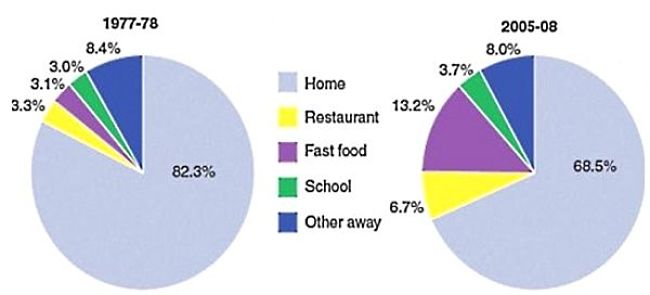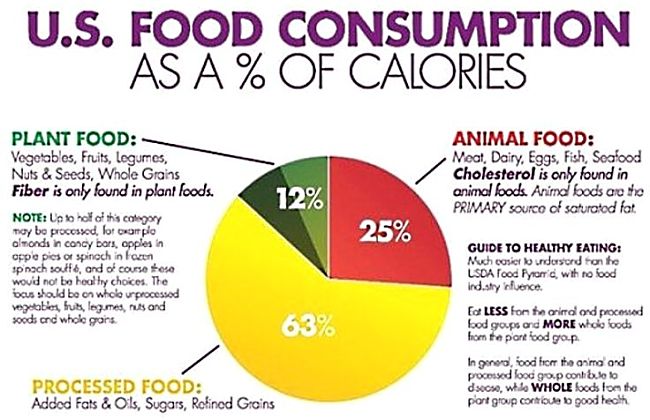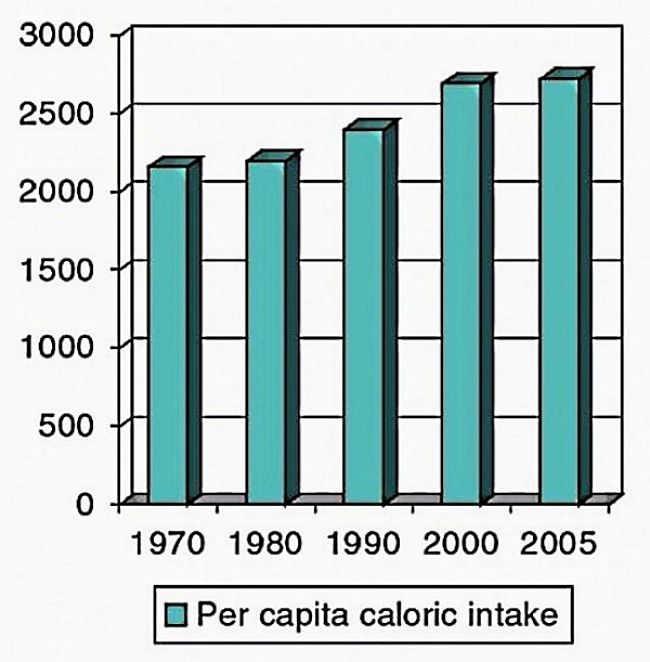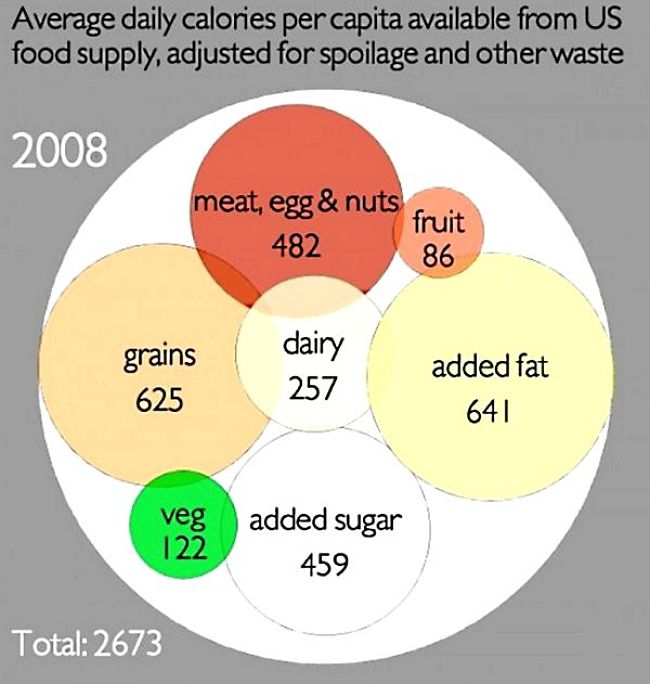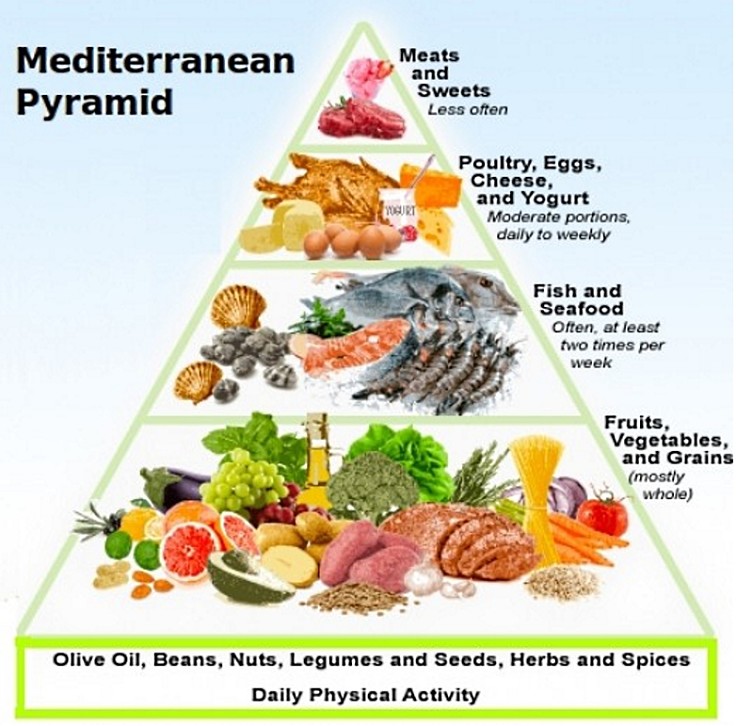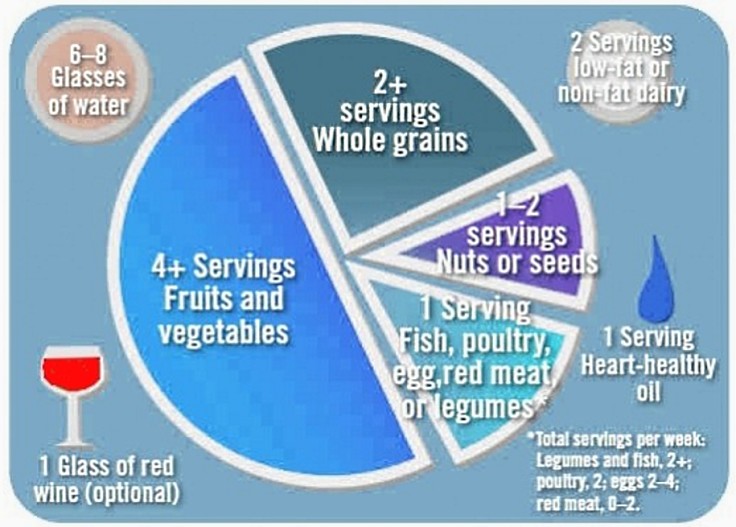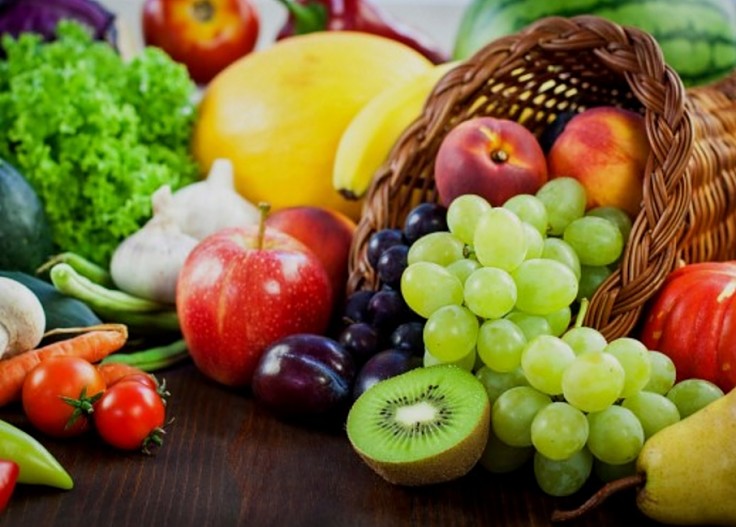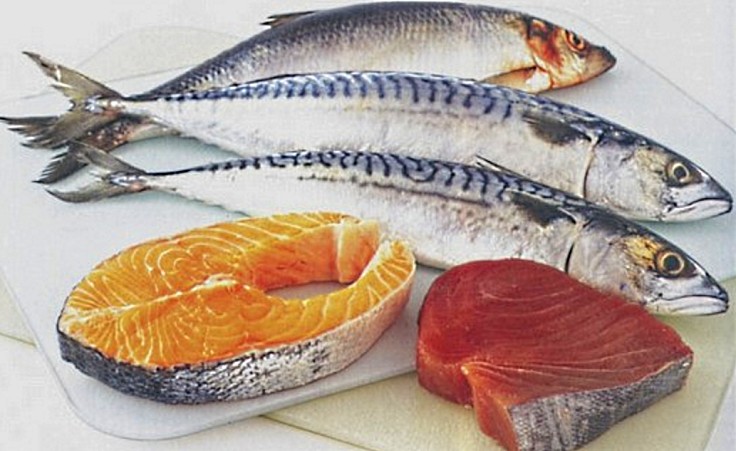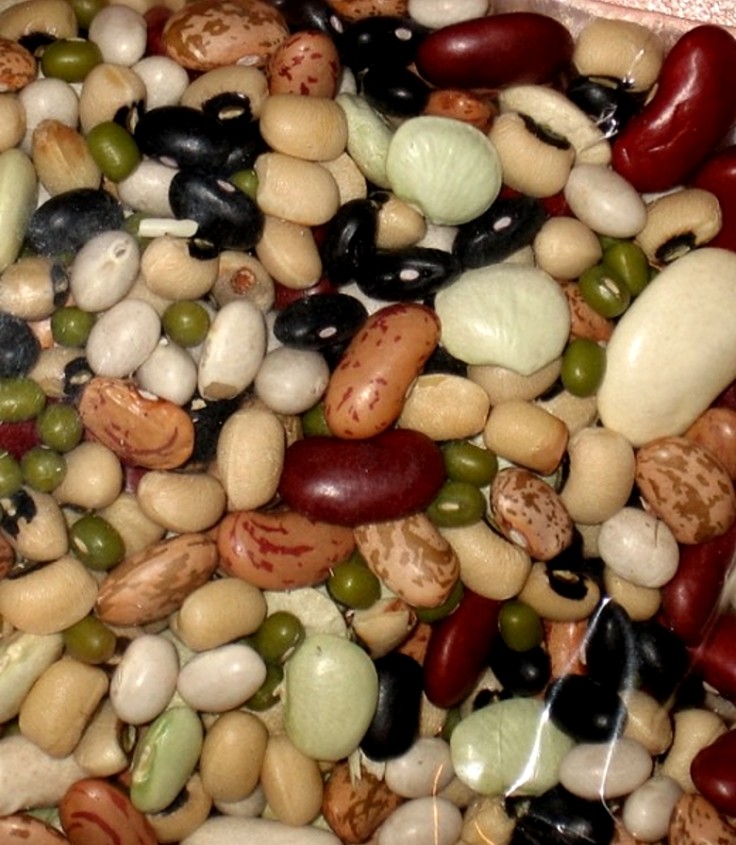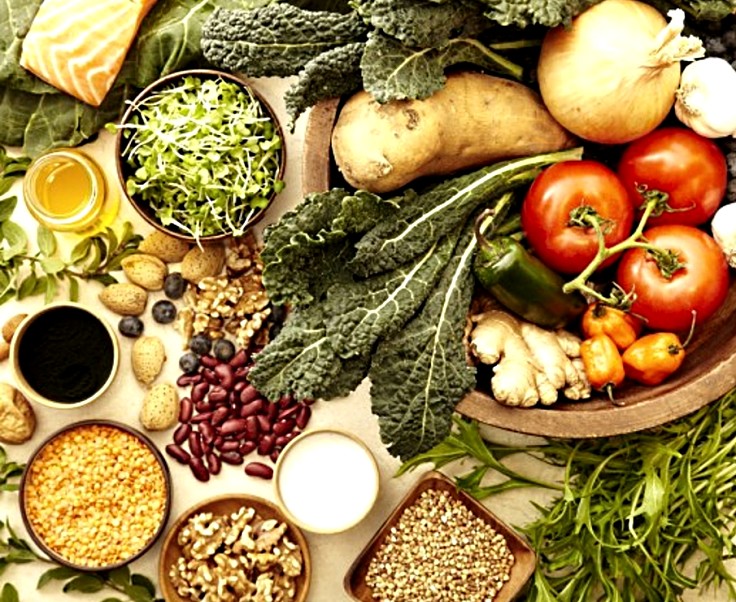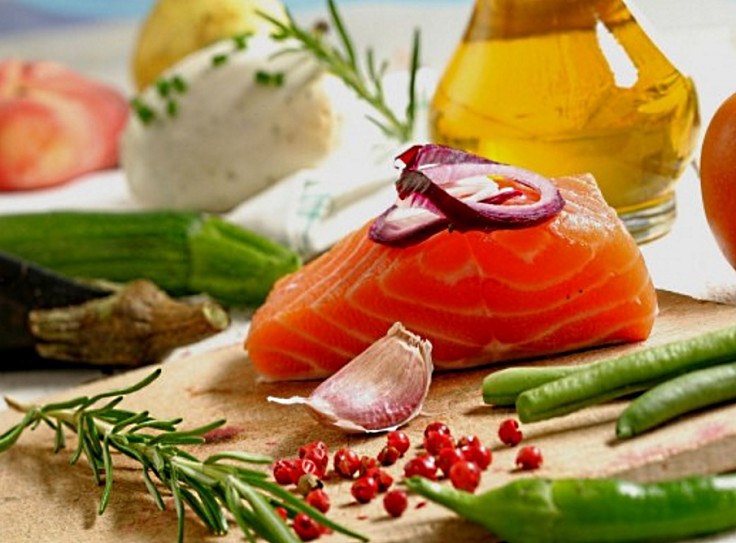What's Wrong with Our Food? Why is it making us Fat?
Notice that the heading says 'Food' not 'Diet'. There is a lot of debate about the causes of obesity. Mostly of the emphasis is on our diet and the amount we eat.
We are told:
- we eat too much
- we eat the wrong types of food including too much sugar, fat, sugar, salt, cholesterol and sugar
- we don't exercise enough.
You've heard the story
- If only we could adopt diets that include foods like fish, poultry, vegetables, greens, tomatoes, legumes, fresh fruits and whole grains.
- If only we could eat less calorie-rich and fatty foods such as red meat, eggs, high-fat dairy products, French fries, pizza and desserts.
- If only we consumed fewer calories
- If only we ate less food
- If only we had the will power to reduce the size of the portions or the size of meals that we eat.
Are These Concepts the Real Cause of Obesity?
Yes we would lose weight if we did the things listed above
BUT how much of the cause for obesity lies with the food itself? Yes the food we can buy in the supermarket and shops, not the fast-food outlets. AND how much lies with the large Portions that we eat?
You can go to a fast-food outlet and eat more than 2,000 calories in a single meal without necessarily Up sizing. About 25 years ago, most American ate about 1,800 calories each day. Our daily diets now have grown by about 300-400 calories. That's about enough to add an extra 30 pounds (15 kg) to each person every year, especially when people are exercising less. But calories aren't the whole story here. Why are we consuming all those calories?
There are three ways that this can occur:
- You can eat too many calorie-dense foods.
- You simply eat too much food or beverages in general.
- The food you eat contains too many calories because it is processed and has high-calorie ingredients added to it that you are unaware of.
The last point is particularly bad because it can stop you losing weight even when you are try to do the right thing and eat less, and the foods you are choosing are supposedly 'healthy foods'.
In some ways the problems with the food we buy and the unwanted additives can partially cause the other two items in the list above:
- The food we eat is calorie dense without us knowing about it.
- You may eat too much because the food you eat is less 'filling' and less satisfying.
The combination of carefully choosing the food we eat and reducing the portion size is the key to success.
To reduce portion sizes simply eat only the 'The Better Half' on your plate Diet.
What's wrong with our food supply?
Over the last 50 years or so, the nutritional quality of our basic raw food has declined. Food items such as potatoes, broccoli, tomatoes and even chicken have lost valuable vitamins and minerals. Most of the items we buy are heavily processed and are then loaded-up with fat, salt, and extra carbohydrates, often without us knowing. Look carefully are the ingredient listed for packaged foods. There is sugar in everything. A rather eccentric University Professor I once knew tried to sue Campbell Soups because his ate lots of soup and his teeth rotted. The soup was loaded up with sugar and he had not realised it.
Most of the food we buy straight from the shelves are all far from being natural and most are processed in some way. They have been altered, manipulated, added to, designed, refined or manufactured in some way, usually to make them more appealing to a consumer. Yes, the processors modify the foods because its what you the customer wants, because it's what sells. The two major problems with modern foods are how they are processed and the addition of carbohydrates, sugars, salt and fats.
Just about all the carbohydrate we can buy has been heavily refined. Take white bread for example - it's made from flour that has been whitened by bleaching with chlorine. It has had the wheatgerm removed or "refined", stripping it of it's nutrients? During this process about 70% of the vitamin and mineral content is removed, and, up to 90% of its fibre. Vitamins and minerals are added back in some breads, but the processed bread we buy is nothing like the bread made from unrefined wholemeal flour with real yeast. The same applies to rice (all the bran has been removed) and for pasta made from white flour.
Other processed foods that may also contain harmful chemicals and contaminants such as crisps and french fry snacks (acrylates), milk (hormones), cooked meats such as luncheon meat, salami, ham (nitrosamines) and many ready prepared meals ( monosodium glutamate, colouring, artificial sweeteners and flavourings). There many other foods with ingredients of questionable origin and toxicity.
Most supermarket foods are extremely high in sugar, processed carbohydrate and fat, often with all three. This undoubtedly contributes to our excess weight problem. Carbohydrate and sugar is put into products such as baked beans, salad dressings, ketchup, sauces, pasta sauces, simmering sauces, packaged curry dishes, cereals and yogurts as well as the more well recognized items such as cakes and biscuits. Even so called 'heath foods' such as museli and other breakfast cereals have added sugar.
High carbohydrate foods tend to be cheaper for many people than high protein foods. Bread, pasta and potatoes are much cheaper than meat for example. This price difference may well explain why foods dense in carbohydrates and sugars are a major part of our staple foods. These foods encourage people to put on excess weight, often gradually without them even realizing it. Being processed they are less satisfying than freshly harvested foods and we eat more and get hungry much sooner after eating them.
If you work hard at it, you can eventually find and only eat healthy unprocessed foods. But you really have to work hard at it especially with your food choices. You shouldn't have to do all of this work, but you have to if you care what you eat and want to lose weight and keep slim.
You have to read labels. Even the so-called health food are full of sugar - just read the labels and ingredient lists. It's a pain to read labels. You shouldn't have to read them, but that you have to and you have to find sources of genuine natural and unrefined foods.
Our food supply bears much of the blame for the obesity epidemic.
- Food manufacturing companies aren't looking out for you.
- Agribusiness corporations aren't looking out for you.
- Farmers supply food to the major food companies who tell them what they want.
- Governments aren't really restricting corporate activity in this area as the major food supply and supermarket companies have too much power and market control.
Its up to you and me to take care what Foods we Eat!
